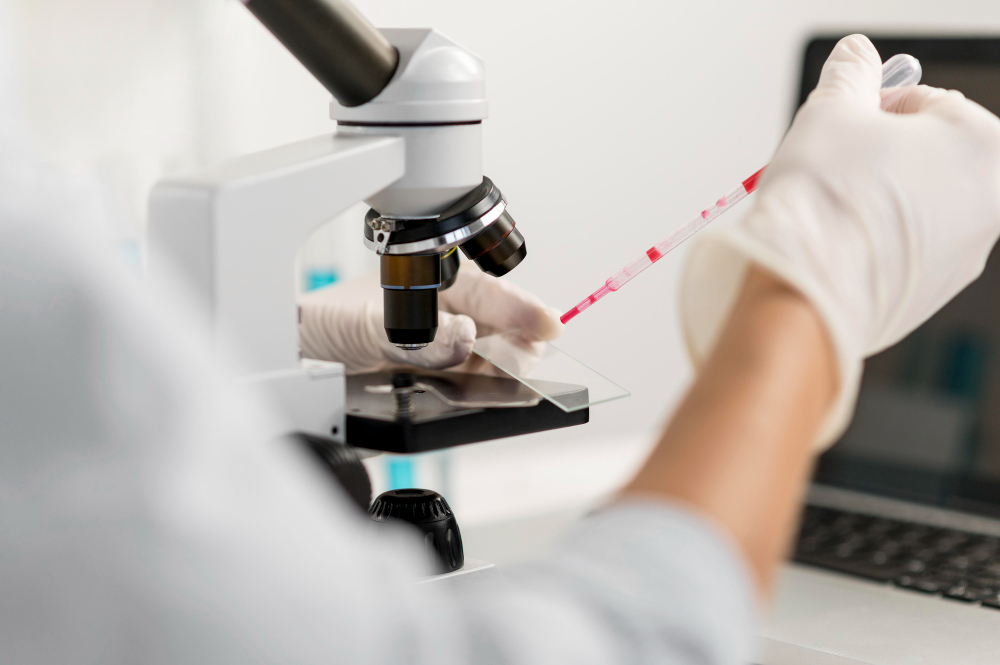
Lab testing is a crucial aspect of healthcare, as it can provide vital information about a patient's health. From diagnosing illnesses to monitoring treatment effectiveness, lab testing can reveal essential insights into your health. However, you might be wondering when is lab testing most effective? In this blog post, we'll explore the different scenarios where lab testing is particularly useful. Whether you're a patient seeking healthcare or a consumer curious about medical testing, read on to learn more.
Lab testing is most effective in confirming a diagnosis. Medical professionals can use laboratory tests to evaluate a patient's symptoms and determine what's causing them. For instance, blood tests can detect infections, hormone imbalances, nutritional deficiencies, and much more. Diagnostic imaging tests, such as X-rays or MRIs, can identify areas of injury or tissue damage. Additionally, lab testing can help to rule out certain conditions, making it easier to arrive at a correct diagnosis.
If you have a chronic condition like high blood pressure, diabetes, or HIV, lab testing is an essential aspect of monitoring your health. By regularly testing blood levels, doctors can keep track of how your condition is progressing and adjust your treatment plan accordingly. Through lab testing, doctors can see how well certain medications are working and ensure that you're receiving the right dosage.
Lab testing is also useful in screening for diseases. Certain diseases, like cancer or cardiovascular disease, can be detected early through lab tests. For example, a colonoscopy can detect colon cancer early, while a lipid panel can detect high cholesterol levels that can lead to heart disease. By detecting these diseases early, doctors can provide prompt treatment that can improve health outcomes.
Lab testing can track the side effects of medication. Some medications have the potential to cause serious side effects, such as organ damage or vision loss. By monitoring blood or urine samples periodically, medical professionals can detect these side effects, allowing them to adjust your medications accordingly. Tracking side effects through lab testing can prevent long-term complications and improve your overall health.
Finally, lab testing is most effective when assessing overall health. Comprehensive lab tests, such as a physical exam or wellness panel, can provide a snapshot of your health, giving medical professionals insights into your overall well-being. By comprehensively assessing your health through lab testing, doctors can identify areas that need improvement, such as vitamin deficiencies or hormonal imbalances, and craft a personalized treatment plan.
Lab testing is most effective in a variety of scenarios, from confirming diagnoses to tracking medication side effects. Ultimately, lab testing is critical in monitoring and improving your health outcomes. Whether you're looking to screen for diseases or track the progress of a chronic condition, lab testing is a vital aspect of healthcare. If you're seeking quality healthcare and urgent care in Philadelphia, PA, Vital Urgent Care can provide an array of lab testing services to ensure your health needs are met. Contact Vital Urgent Care today for more information and to request an appointment.